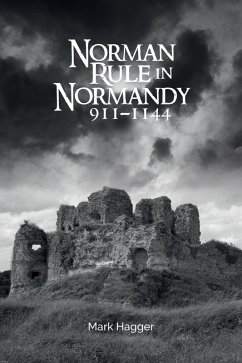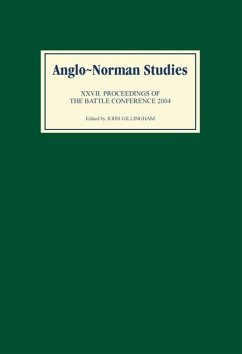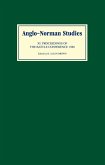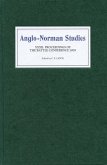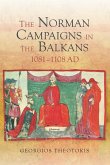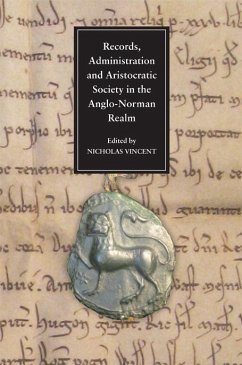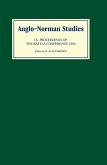A magisterial survey of Normandy from its origins in the tenth century to its conquest some two hundred years later.
In around 911, the Viking adventurer Rollo was granted the city of Rouen and its surrounding district by the Frankish King Charles the Simple. Two further grants of territory followed in 924 and 933. But while Frankish kings mightgrant this land to Rollo and his son, William Longsword, these two Norman dukes and their successors had to fight and negotiate with rival lords, hostile neighbours, kings, and popes in order to establish and maintain their authority over it.
This book explores the geographical and political development of what would become the duchy of Normandy, and the relations between the dukes and these rivals for their lands and their subjects' fidelity. It looks, too, at the administrative machinery the dukes built to support their regime, from their toll-collectors and vicomtes (an official similar to the English sheriff) to the political theatre of their courts and the buildings in which they were staged. At the heart of this exercise are the narratives that purport to tell us about what the dukes did, and the surviving body of the dukes' diplomas. Neither can be taken at face value, and both tell usas much about the concerns and criticisms of the dukes' subjects as they do about the strength of the dukes' authority. The diplomas, in particular, because most of them were not written by scribes attached to the dukes' households but rather by their beneficiaries, can be used to recover something of how the dukes' subjects saw their rulers, as well as something of what they wanted or needed from them. Ducal power was the result of a dialogue, and this volume enables both sides to speak.
Mark Hagger is a senior lecturer in medieval history at Bangor University.
In around 911, the Viking adventurer Rollo was granted the city of Rouen and its surrounding district by the Frankish King Charles the Simple. Two further grants of territory followed in 924 and 933. But while Frankish kings mightgrant this land to Rollo and his son, William Longsword, these two Norman dukes and their successors had to fight and negotiate with rival lords, hostile neighbours, kings, and popes in order to establish and maintain their authority over it.
This book explores the geographical and political development of what would become the duchy of Normandy, and the relations between the dukes and these rivals for their lands and their subjects' fidelity. It looks, too, at the administrative machinery the dukes built to support their regime, from their toll-collectors and vicomtes (an official similar to the English sheriff) to the political theatre of their courts and the buildings in which they were staged. At the heart of this exercise are the narratives that purport to tell us about what the dukes did, and the surviving body of the dukes' diplomas. Neither can be taken at face value, and both tell usas much about the concerns and criticisms of the dukes' subjects as they do about the strength of the dukes' authority. The diplomas, in particular, because most of them were not written by scribes attached to the dukes' households but rather by their beneficiaries, can be used to recover something of how the dukes' subjects saw their rulers, as well as something of what they wanted or needed from them. Ducal power was the result of a dialogue, and this volume enables both sides to speak.
Mark Hagger is a senior lecturer in medieval history at Bangor University.
Dieser Download kann aus rechtlichen Gründen nur mit Rechnungsadresse in A, D ausgeliefert werden.

